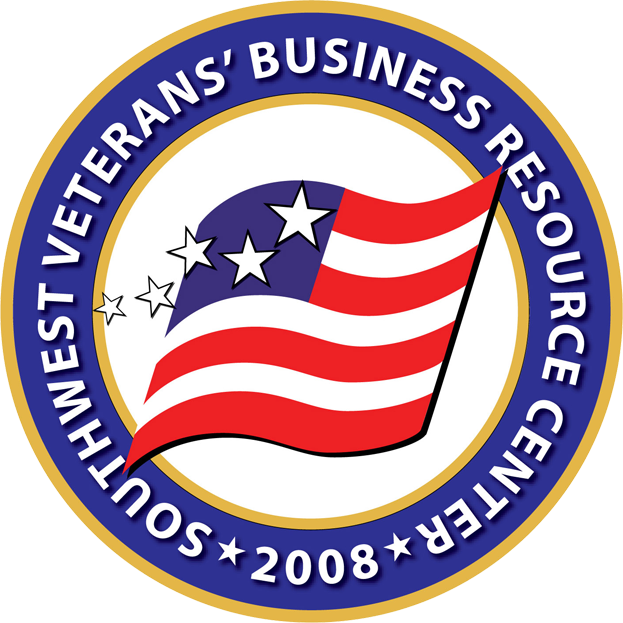There was a spring clean up where I used to live. The township had one day
each year when you could bring anything to the collection point. It was all
fed into those large crushing garbage trucks. All that is, except what some
entrepreneurs diverted to recycle and sell. There were several people there
collecting things.
One man who said he came every year took all the bicycles. I was dropping
off some junk in the middle of the day and he already had 50 bicycles piled
up on a trailer behind his truck. That was his first haul of the day. Yes, it's
incredible how much is thrown away in this country. And he told me that
some of the bikes were ready to use just as they were.
He fixes and cleans the others to resell out of his yard. He gets a couple
hundred bicycles each year from this and other sources. I didn't ask how
many he sold or for how much, but he had been doing this for years, so I
guess it was worth the effort.
One of the intriguing things about this kind of project is that it requires
almost no investment. If the man already had a truck and/or trailer, he spent
only gas money. If he needed parts for the bicycles he could have bought
them using the proceeds from the sales of the ones that were already
functional. He literally could have invested a dollar into gas for his truck
and perhaps made a few hundred dollars over the next several day. That's a
nice little "survival" money project.
Of course, this is not a concept that is limited to bicycles. I watched one of
those big crusher devour a motor boat that might have been repairable and
saleable. Perfectly usable furniture was being thrown out as well.
In another town that I lived in, the annual spring clean-up consisted of
everyone putting all of there things at the curb. The city then spent a week
picking up and disposing of it all. Every year there were perhaps a dozen
scavengers who came in pickup trucks to collect the useful items before the
garbage trucks got to them. I am sure that some of them were stocking their
second-hand stores or antique shops with their finds.
We were sitting at my parents house during one of these clean-ups many
years ago. My brother walked down the street out of curiosity, to see what
was in the piles of things. He returned with a nice bicycle for his son (no
repairs needed, and barely scratched), and four chairs that were in excellent
shape. I think scavenging the throw-aways from the nearest dozen homes
would have yielded enough for a rummage sale that would make a couple
hundred dollars.
Closeout Projects
There was a wooden clock factory that shut down in a town where we used
to live. Years later there were still hundreds of wooden clocks and related
items in their warehouse, just sitting there. What had changed in the
meantime was that the internet had become an easy place to sell things.
Specifically, these clocks could have been sold on Ebay.
There are a couple ways you could do a money making project like this. The
riskier, but possibly more profitable way, is to make an offer for the whole
lot. Buy everything cheap and sell it on Ebay for a profit. If you have a lot
of experience selling on Ebay, and can reasonably estimate how much the
clocks would sell for, this may be the way to go.
A lower-risk, lower-investment way would be to talk to the owner and
suggest selling everything for him for a percentage. A friend I talked to at
the time was considering doing this. He was planning to take 25% for
himself, as I recall. If he did it, I am sure the owner of the clocks was happy
to have someone doing all the work while he made something for all those
clocks, since he might have been ready to throw them away.
Look around and you may see other opportunities like this. In that same
town a jewelry store sat unopened for many years. All the displays and
products were still in place, as anyone could clearly see from the front
windows. I don't know if the owner died or what happened, but someone
could have perhaps found out and made an offer on all the remaining things,
then quickly sold them for a profit.
Consignment Store Middleman
My wife and I bought a used couch a few years back for $35 at a thrift store.
Later, we saw a very similar couch (identical fabric I think) in about the
same condition for $150 at a used furniture store that took items on
consignment. This suggests many possible mini money making projects,
doesn't it?
Had we bought the couch to sell, we would have brought it directly to the
furniture store. They take 40% of the sale's price, but consistently get higher
prices than you could at a garage sale. The couch may have sold for $120,
meaning we would get $72. That's not a big profit ($37), but then they do
the work of selling the thing.
The primary advantage of this kind of project is that you can do it with very
little investment. For example, we bought a beautiful wooden table at a
rummage sale for $10 once. I am sure that it would sell for around $100 at
this consignment store, which would mean $60 for us, or a $50 profit on a
$10 investment.
This is a great low-risk idea for those who need some extra cash to survive,
and it is easy to try. You just go rummage sale shopping and look for a great
deal or two. You can parlay the profits from those into more sales.
Unless you want a lot of work and trouble for only a little bit more profit
potential, don't be tempted to try selling the things yourself. You'll have to
spend money advertising (the consignment store has already done that for
you). You'll have to spend time showing things to possible buyers (the store
does that for you too). And people usually pay less when buying from an
individual.
Used Item Arbitrage
I'm not sure what else to call this type of money making project, but is all
about taking advantage of the difference between what someone will sell an
item for and what another will buy it for. You don't have to speculate about
this and risk your money though. In an arbitrage situation you already have
a seller and buyer lined up.
My neighbor used to do this once in a while. A friend might have a
snowmobile that he hopes to sell for $500, for example, and my neighbor
would find a buyer for $800. He would then buy it for $500, sell it the same
day for $800, and pocket his profit.
This strategy works best for those who know a lot of people and have a
knack for negotiating. But anyone could give it a try. For example, if you
knew someone who really wanted a good used pickup and you saw one
selling cheap, you could test drive it over to your potential buyer. If he
offers you $4,500, you tell him you need an hour to decide and then go back
to the seller and offer her $4,000.
This is all about finding motivated sellers and buyers. It could be done with
all sorts of things, but larger items are best. There isn't enough "spread" or
profit potential on small items to make it worth the trouble. You want to aim
for a couple hundred dollars profit per transaction because you're going to
spend a lot of time looking for deals that work.
Cars, trucks, motorcycles and other vehicles are suited to this. So is
restaurant equipment, high-end bicycles, some furniture, and expensive
tools from some trades (drywall stilts, cement mixers, salon chairs, etc.)
Talk to people about what they want, and keep a list of potential buyers for
specific items.
What if you don't have any cash to invest? You can bring those buyers and
sellers together for a fee. In the above example, you could tell your buyer
that you already negotiated a price of $4,000 (if you had) for the car, and
that you want $200 to let him have the deal. If he has already expressed a
desire to buy at $4,500, he can do the math and see that $4,000 plus $200 to
you is even better.
On the other end of these deals, you can suggest to a seller that you know
someone who might be interested. Then you ask if he is willing to pay you
$100 to bring him a buyer - paid only when the sale is transacted, of course.
Charging a "finders fee" like this is really a different kind of business from
direct arbitrage, and probably less profitable. On the other hand, it takes no
investment and could provide the start-up capital to start directly buying and
selling if you choose to. Either way, you can do project like this to make
some fast cash, with no commitment to do another.
 A welcoming home for our Troops.
A welcoming home for our Troops.

